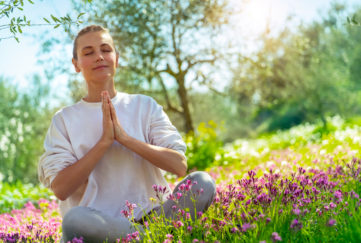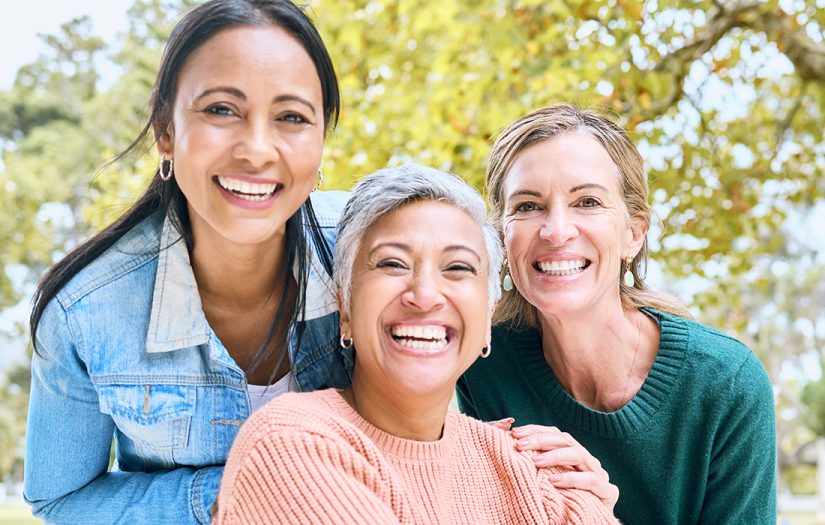World Cancer Day: Time To Talk

Today is World Cancer Day, an initiative designed to raise awareness of the disease and the quest for its treatment and cure.
To mark the occasion, we asked our health writer, Colleen Shannon about the experiences of those living with cancer.
You hear it all the time, in stories about cancer.
“They are so brave,” people will say with admiration, or “they are putting up a good fight”.
And, of course, some people do feel brave in the face of cancer. At least sometimes.
But is there too much pressure to be bright and positive, when all you really want to do is disappear under the duvet?
It’s a question most of us will face at some time, as half of us will one day receive a cancer diagnosis.
Charity Macmillan Cancer Support hears from people with cancer every day. So I asked Dany Bell, an adviser at Macmillan, what’s really going on inside their heads and hearts.
She explained that everyone’s experience is different, and their reactions to cancer are as individual as they are.
The language used by friends, family and colleagues can be incredibly influential
Being diagnosed with cancer changes your life. It can cause many fears and emotions, with people often feeling anxious and uncertain about what will happen next.
But medical care for cancer is improving all the time, and diagnosis is not a death sentence these days. Many people can be treated effectively, or they can live with some types of cancer for many years.
When Macmillan surveyed people about their experiences of living with cancer, one in three said they struggle to find the words to talk about it. More than one in four find it difficult to talk honestly about their feelings.
The language used by friends, family and colleagues can be incredibly influential.
For this reason, it’s really important not to make assumptions about how someone with cancer may be feeling. With the best of intentions, it’s all too easy to impose our own thoughts and feeling on others. Especially if we want to cheer them up.
Hearing that you are “brave” or a “hero” is not always helpful. If you’re understandably frightened, for example, this can make you reluctant to discuss cancer openly and honestly.
People also told Macmillan they don’t like being called “cancer-stricken” or a “victim”.
Open and honest conversation
It’s usually a compliment when we tell someone they look really well, but please do weigh these words carefully when the other person has cancer. It can make them feel like they’re not really sick enough to need help.
When you’re talking to someone with cancer, it’s kindest to ask an open question about how they are feeling today.
Try to use neutral language, then listen carefully to their answer. This will give you some clues about choosing your own words.
It’s not always easy to talk about it, but open and honest conversations can be so beneficial.
Macmillan can help you find the right words, and their website has a wealth of information.
You can also call the support line on 0808 808 00 00.
They are there to help anyone affected by cancer, including family and friends.
Watch out for more on the subject in Colleen’s health article in “The People’s Friend” February 22 issue, in which she explores the role of family history and cancer risks.
To find out more about World Cancer Day, click here.
For more health advice from “The People’s Friend”, click here.










